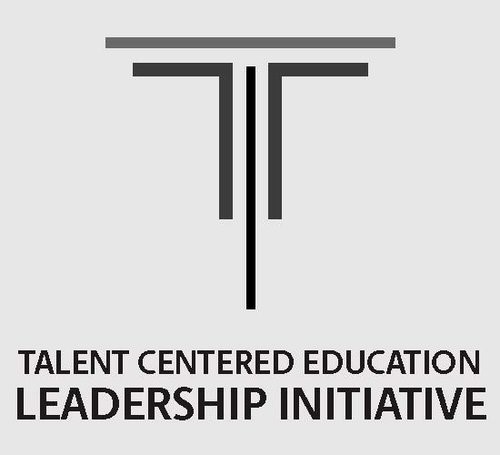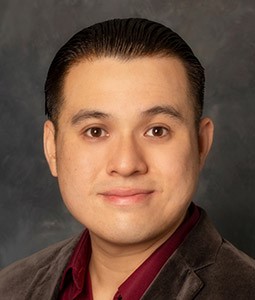
Written by guest blogger Henry Tran.
How teachers and staff are managed in schools have been subject to much criticism, particularly concerning the frequent overreliance of outdated, reactive and transactional policies and practices. While reformers have fought to change this, their vision of education human resources management (HRM), which are grounded in the philosophies of Taylorism and Scientific Management, emphasized the strategic and resources component of strategic HRM, to the neglect of the human component (at least as it relates to the needs of the teachers and staff of the schools). Akin to businesses who focus solely on their customers, reformers direct the majority of their attention towards student outcomes, and when educators are mentioned, it is solely in service of raising those outcomes. Practitioners, on the other hand, often prioritize student and community needs, before the needs of their workforce. While this has commonly been accepted as the status quo in the past, modern workers are increasingly expecting more from their employers.
In the broader HRM field, progressive approaches and thinking have ushered the field to focus more on employee needs and engagement, attending to the total employee experience (whereas in the past only customer experience was considered), as well as adopting a Best Places to Work ethos. In my article “Revolutionizing school HR strategies and practices to reflect talent centered education leadership,” I drew on progressive HRM and inclusive talent management to introduce Talent Centered Educational Leadership (TCEL), an employee centric approach that recognizes the needs of each individual employee. This approach is particularly timely given the increasing diversity, expectations, social tensions and accumulating workload of the modern workforce, coupled with pre-existing teacher shortages that are expected to be exacerbated by the current COVID-19 pandemic crisis.
What we know is that the status quo of education HRM can no longer remain in stagnation amidst the current turbulent and constantly changing environment. Educators can no longer be expected to serve as cogs in the machine, constantly expected to do more with less, and treated as means towards the ends of their employers’ performance goals. The needs of education employees can no longer be neglected or treated in a one-size fits all approach that serves to benefit only certain employees while marginalizing many others. For example, how school employers define terms like “success” and “talent” must be more nuanced and avoid perpetuation of biases that promote continual privileging of the “winners” in the prevailing normative status quo. In sum, change is needed.
Yet, the challenge is too large for any one person for take on. Countless scholars, including myself, have attempted to independently tackle and understand the problems of education HRM, but a centralized effort is necessary to build the type of momentum that substantive evolution calls for. Consequently, in my role as the editor of the Journal of School Public Relations, I rebranded the journal to become the Journal of Education Human Resources (JEHR) so that there exists a user-inspired outlet dedicated and focused solely on creating a forum and platform for the collective minds of scholars and expert practitioners to build upon in efforts to advance the field of education HRM across the P-20 spectrum.
From a general sense, human resources professionals have always been late to be invited to the “table” in organizational decision-making (and its scholarship attention parallels this pattern), as industry concerns have primarily focused on operations and/or finance. This has been a neglect in most industries, but is particularly damaging to education given that the field is labor intensive and depends heavily on relationships. Ironically, JEHR leverages the strength of the people and represents an avenue of collective action to change this.

Henry Tran is an Associate Professor at the University of South Carolina’s Department of Educational Leadership and Policies who studies issues related to education human resources (HR) and finance. He has published numerous articles on the topics, holds two national HR certifications and serves on the Board of Advisors and Board of Trustees for the National Education Finance Academy. He is also the editor of the Journal of Education Human Resources and the Director of the Talent Centered Education Leadership Initiative.
The UTP Journals blog features guest posts from our authors. The opinions expressed in these posts may not necessarily represent those of UTP Journals and their clients.
To continue with the University Press Blog Week Tour, visit the posts at other contributing presses.
Amherst College Press
Bristol University Press
Bucknell University
Duke University Press
Georgetown University Press
Johns Hopkins University Press
Penn State University Press
Temple University Press
UBC Press
University of Illinois Press
University of Manitoba Press
University of Toronto Press
Wilfrid Laurier University Press
Comments on this entry are closed.